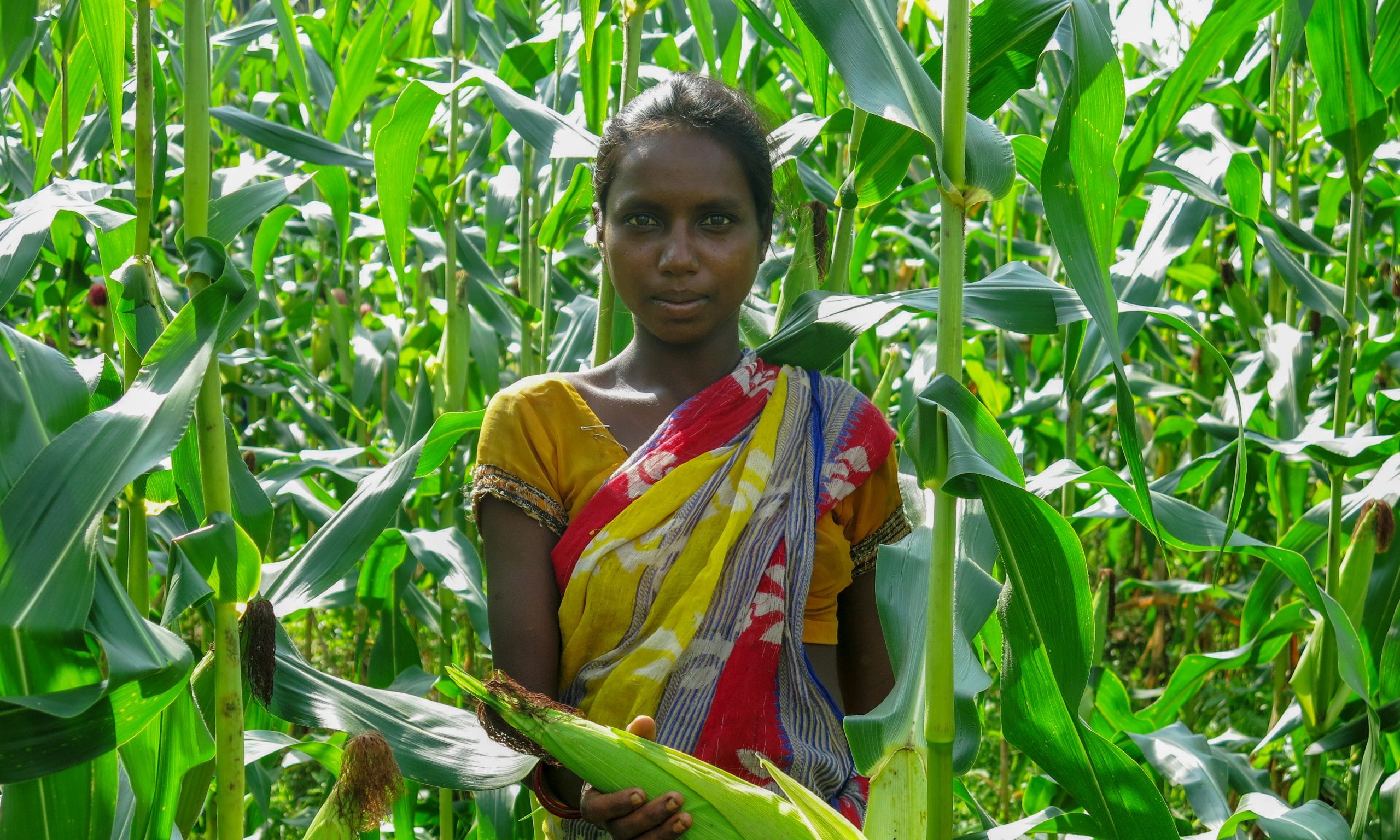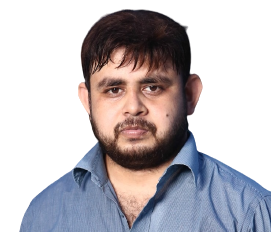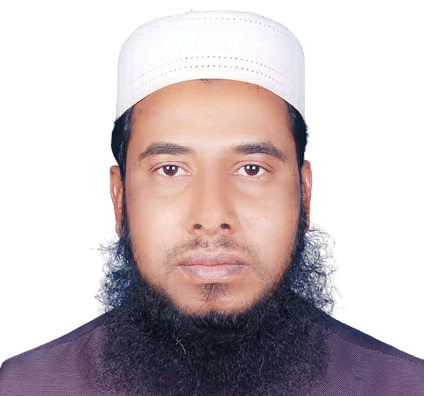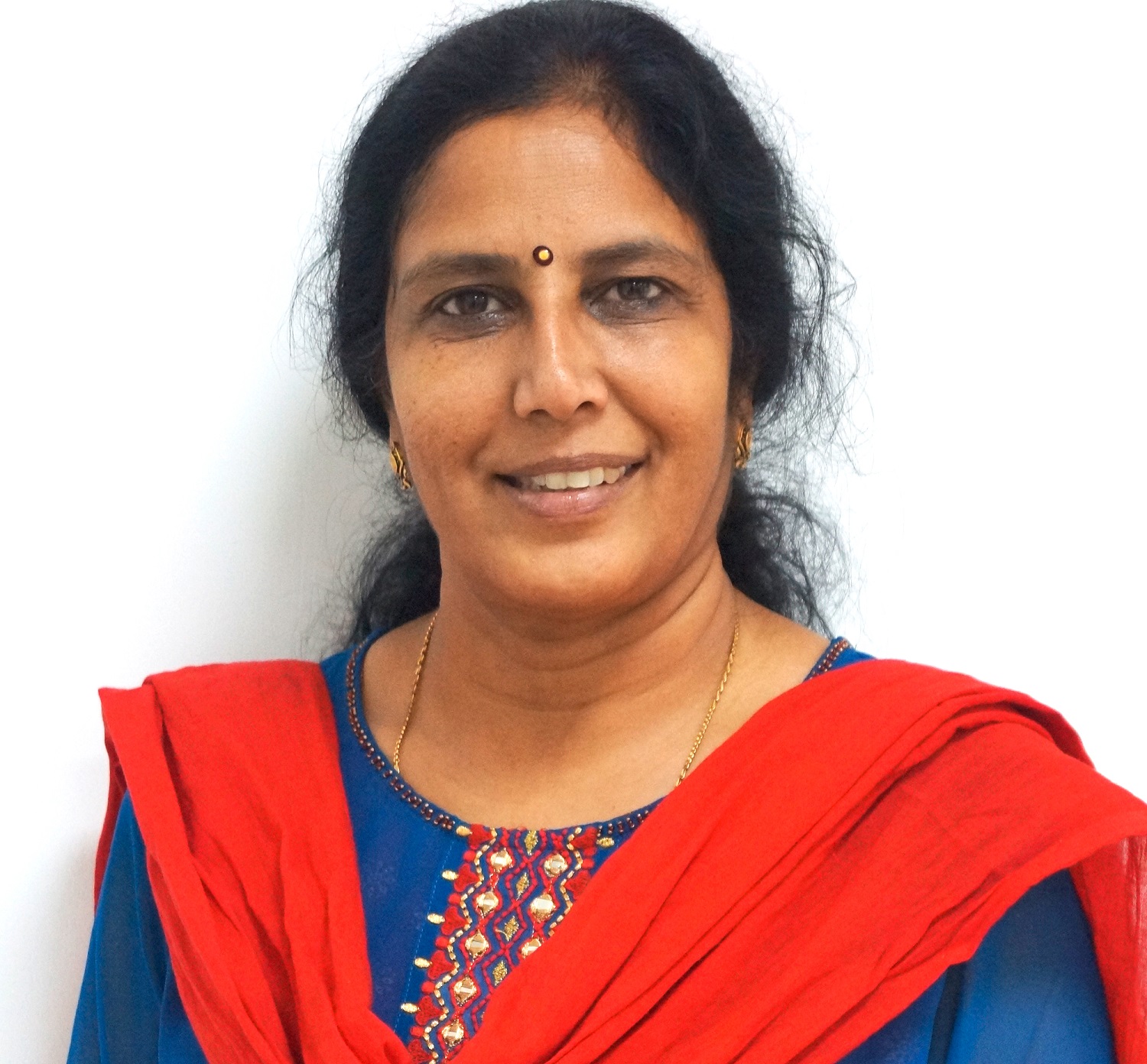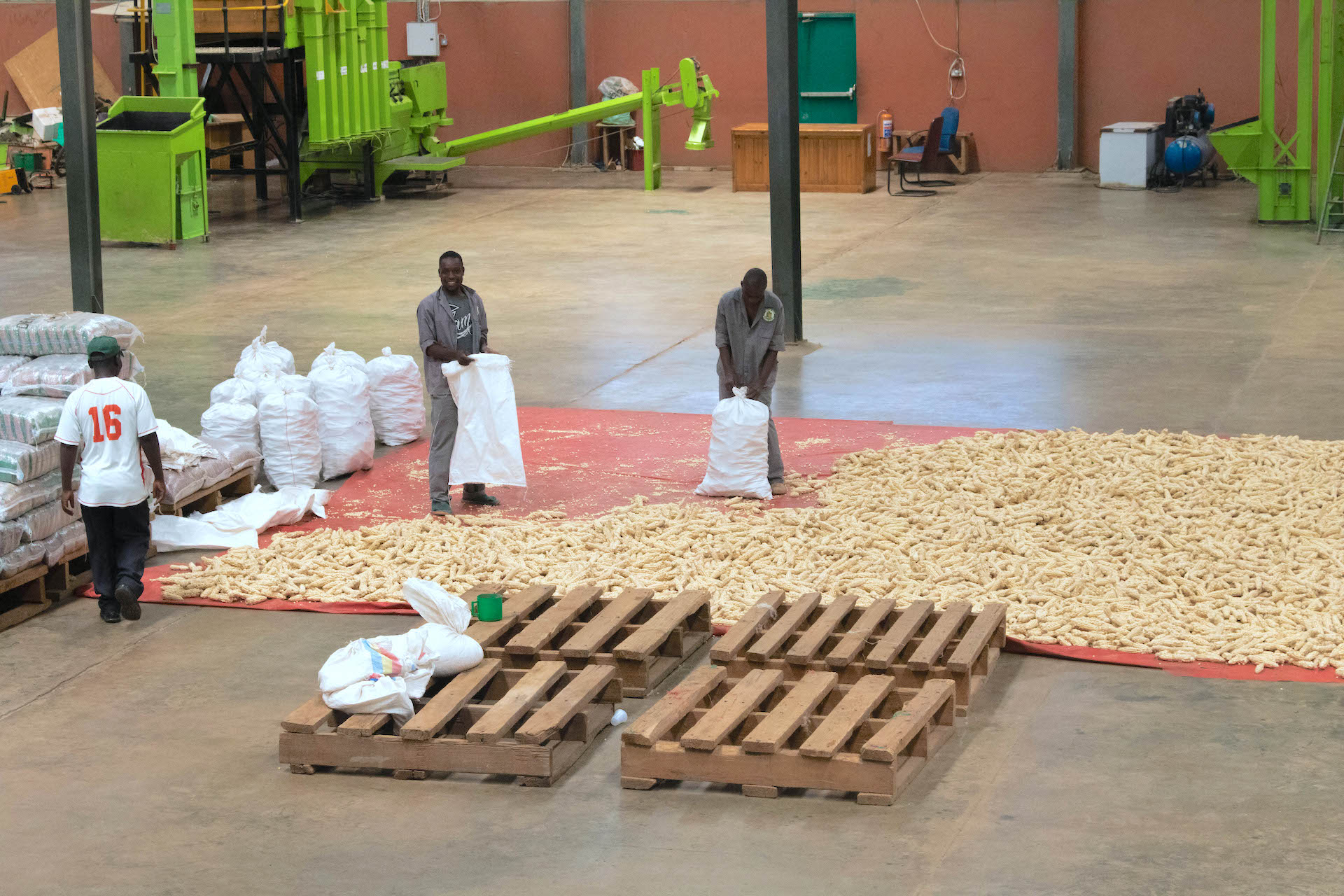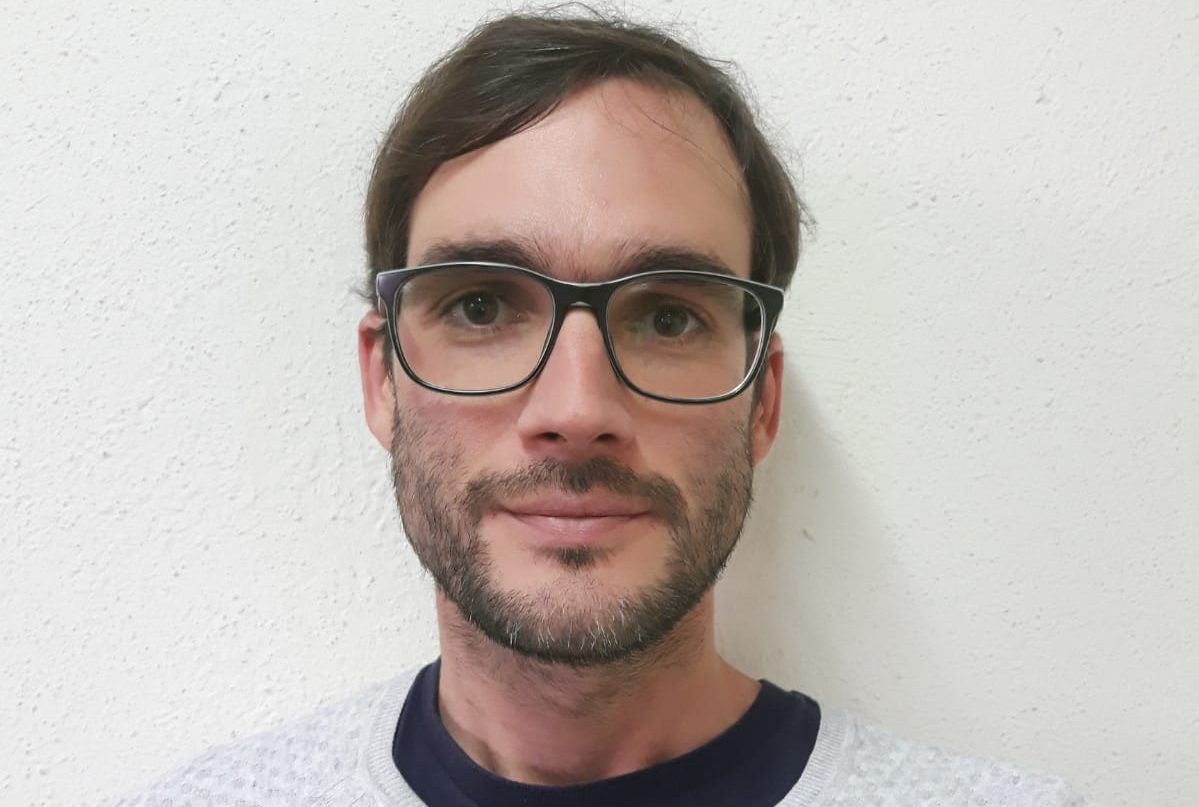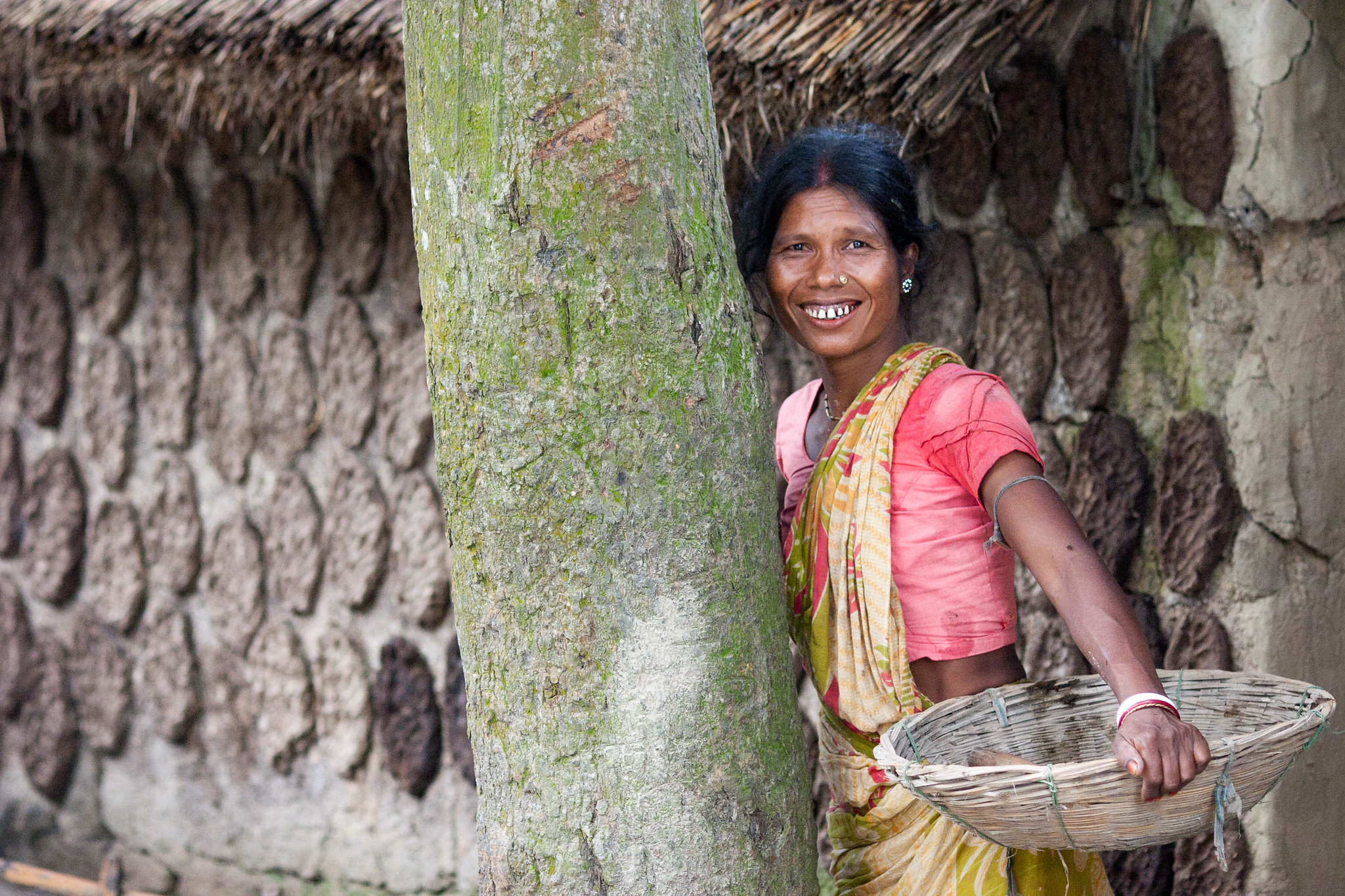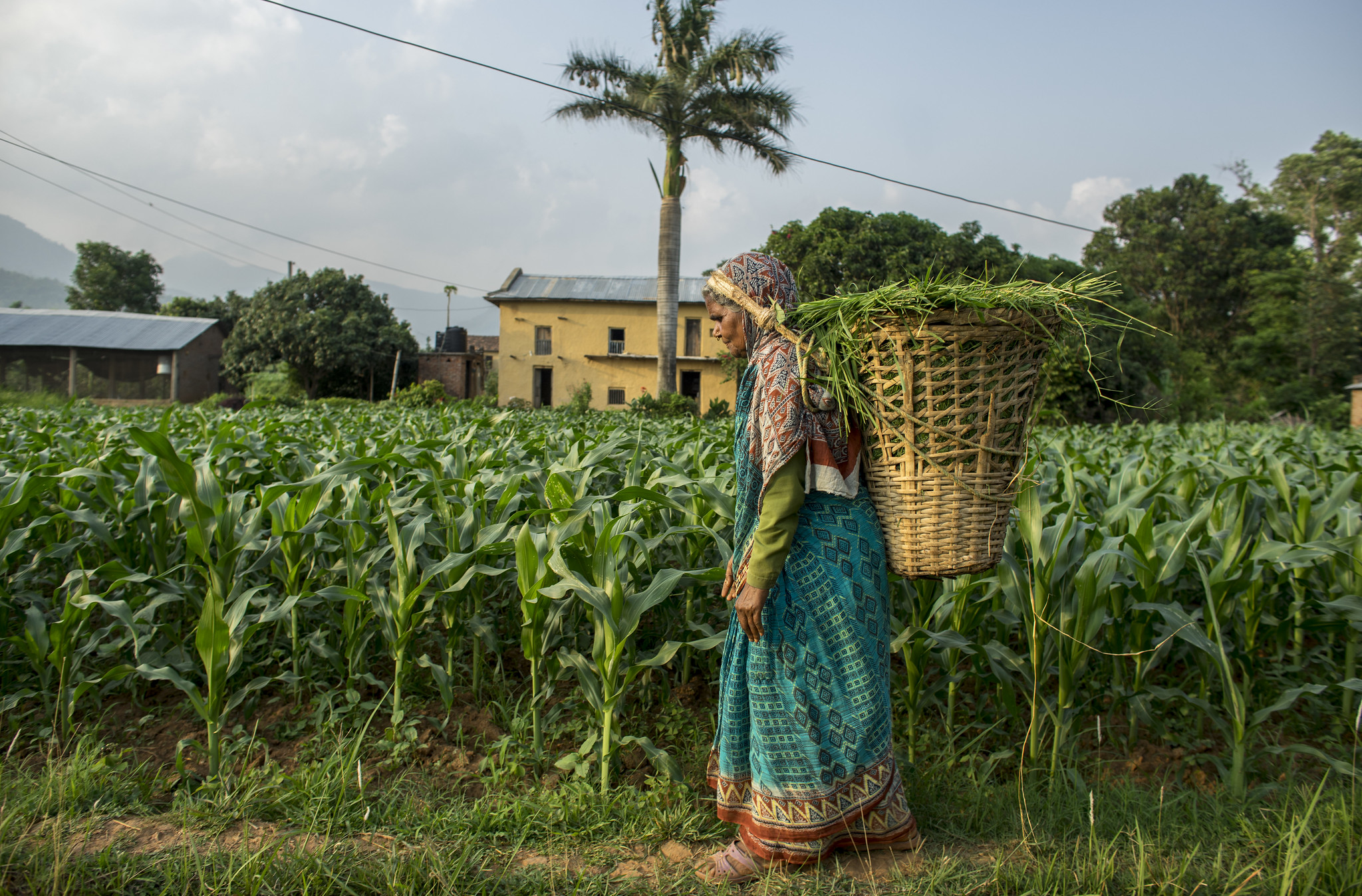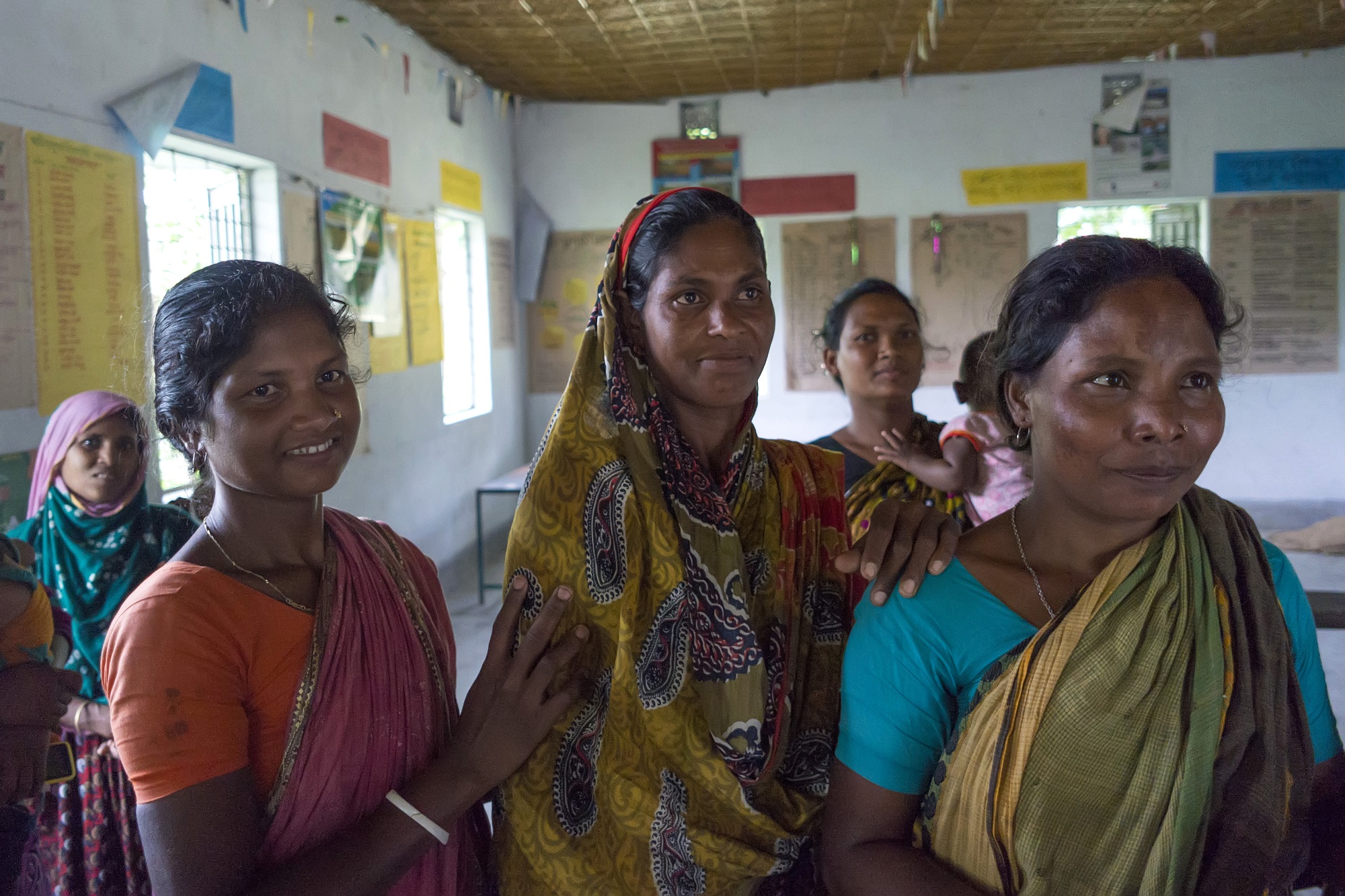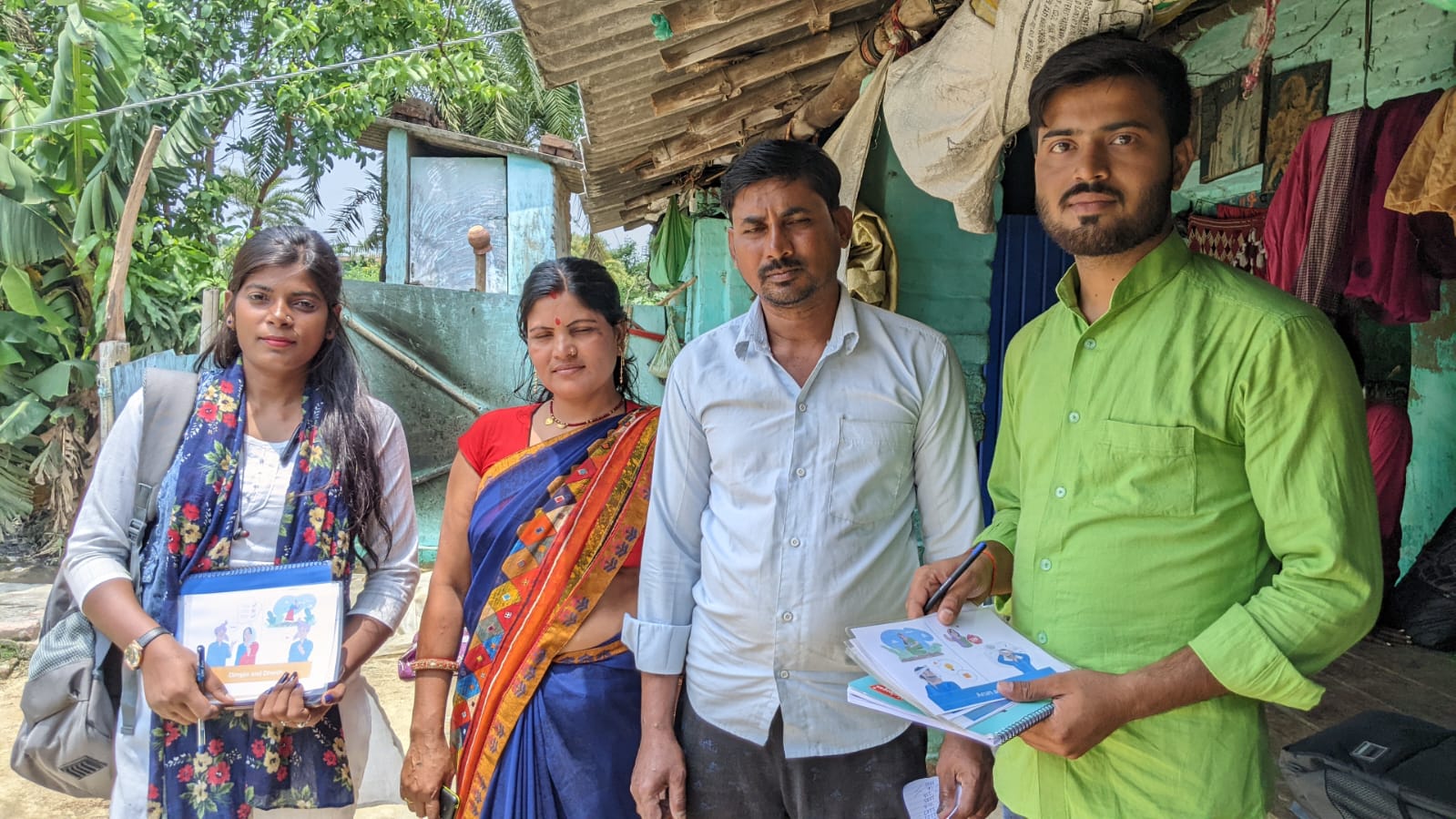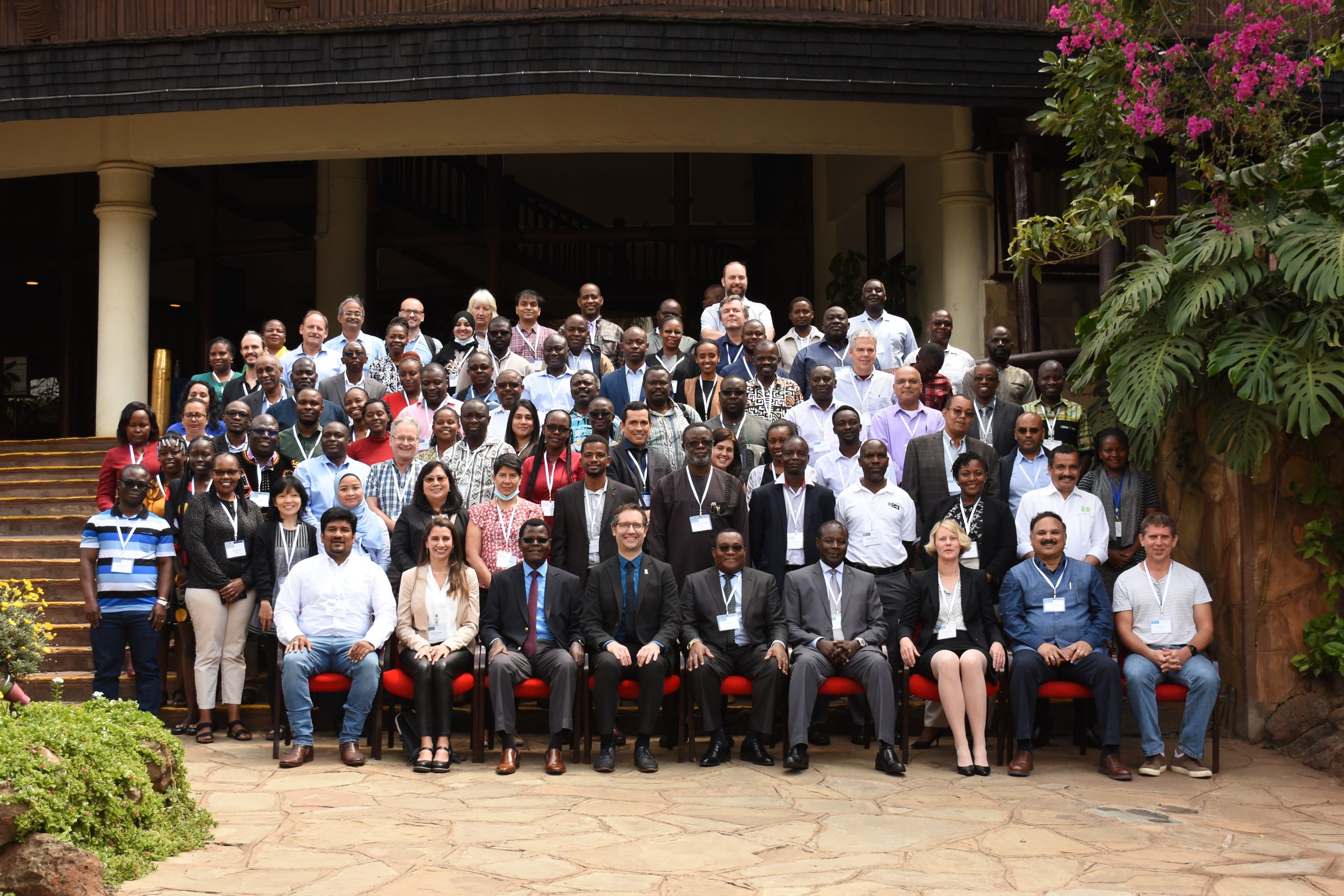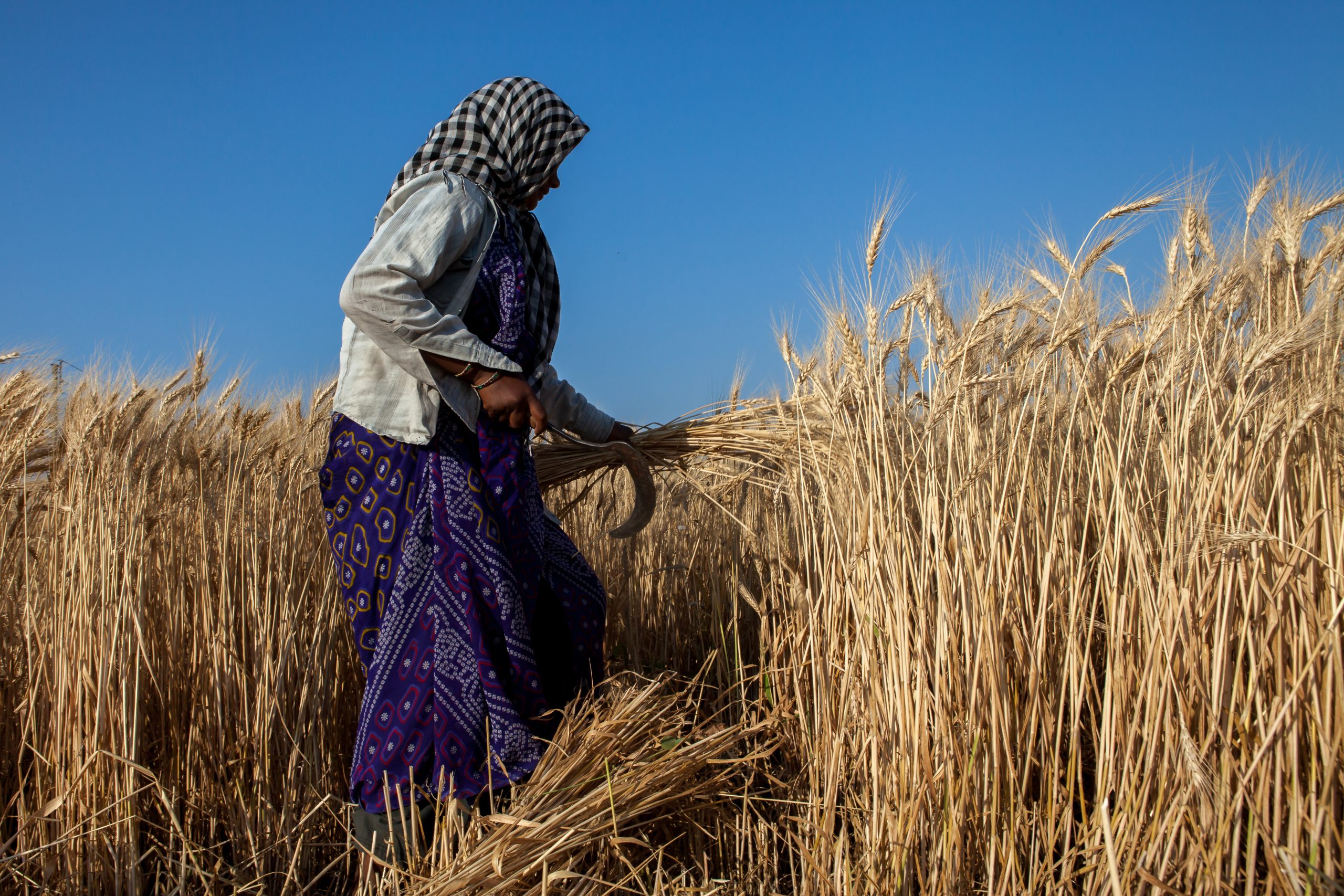Gender equality, youth and social inclusion
Gender and other social differences such as age, wealth and ethnicity, have an enormous influence upon the success of agricultural interventions. To ensure equitable impacts and benefits to rural people, CIMMYT emphasizes inclusive research and development interventions. Starting with the collection of data on gender and social differences, efforts are underway to address these gaps and ensure equitable adoption of technologies and practice. This includes working towards gender-equitable control of productive assets and resources; technologies that reduce women’s labor; and improved capacity of women and youth to participate in decision-making.
Can we accelerate gender equality?
 Gender equality, youth and social inclusion
Gender equality, youth and social inclusion
Exacerbated by the pandemic, women are still facing inequality across all areas, including health and livelihoods. CIMMYT is working to make parity a reality.
Cereal seed systems
 Capacity development
Capacity development
Discover how CIMMYT scientists support getting new improved seeds to farmers fields, faster.
Michael Euler
 Gender equality, youth and social inclusion
Gender equality, youth and social inclusion
CGIAR Initiative: Securing the Food Systems of Asian Mega-Deltas (AMD) for Climate and Livelihood Resilience
 Climate adaptation and mitigation
Climate adaptation and mitigation
CGIAR Initiative: Transforming Agrifood Systems in South Asia (TAFSSA)
 Climate adaptation and mitigation
Climate adaptation and mitigation
The power of data in improving conditions for female farmers
 Gender equality, youth and social inclusion
Gender equality, youth and social inclusion
With the help of big data, CIMMYT researchers in Bangladesh partner with Michigan State University and local NGOs to pinpoint opportunities to increase women’s participation in farm extension training sessions.
Researchers use storytelling to evaluate women’s agency in agricultural production
 Capacity development
Capacity development
A study in India highlights who does what in wheat farming to support the design of gender-responsive interventions in the region.
CGIAR Plant Health Initiative formally launched on the International Day of Plant Health
 Gender equality, youth and social inclusion
Gender equality, youth and social inclusion
The Initiative targets a broad range of pests and diseases affecting cereals, legumes, potato, sweet potato, cassava, banana and other vegetables.
New publications: Caste-gender intersectionalities in wheat-growing communities in Madhya Pradesh, India
 Gender equality, youth and social inclusion
Gender equality, youth and social inclusion
Study reveals gaps and interactions between caste, gender and agricultural decision-making.
